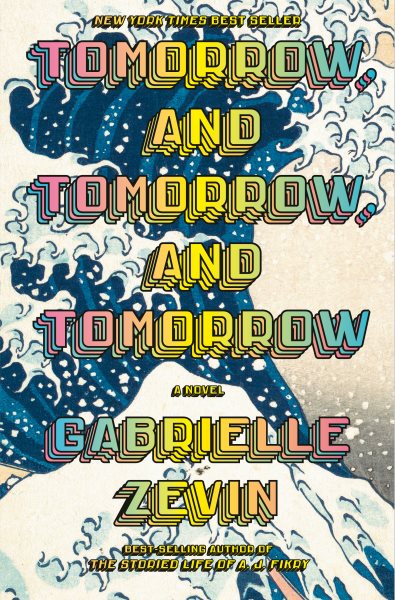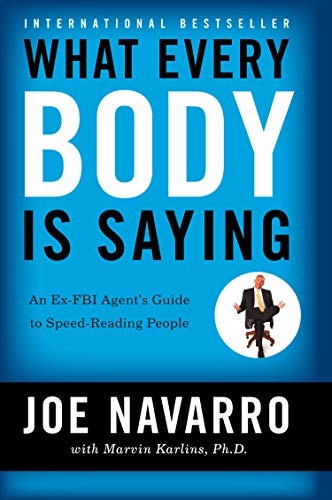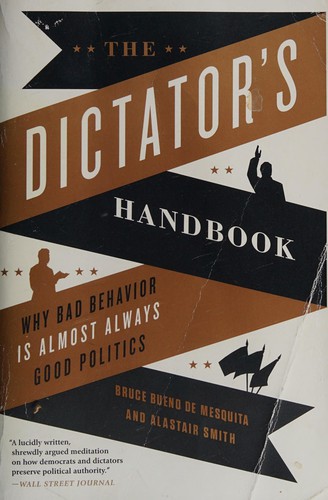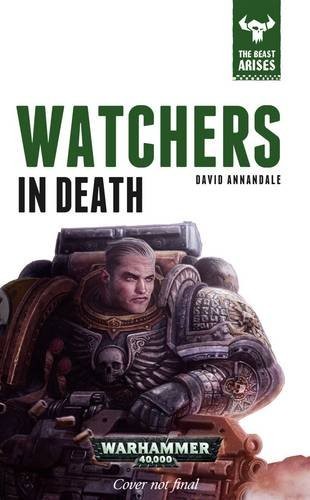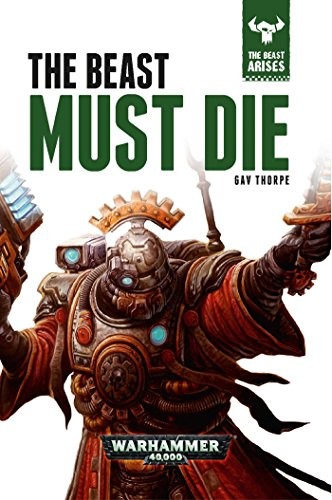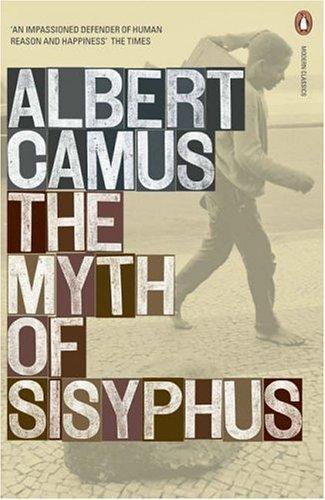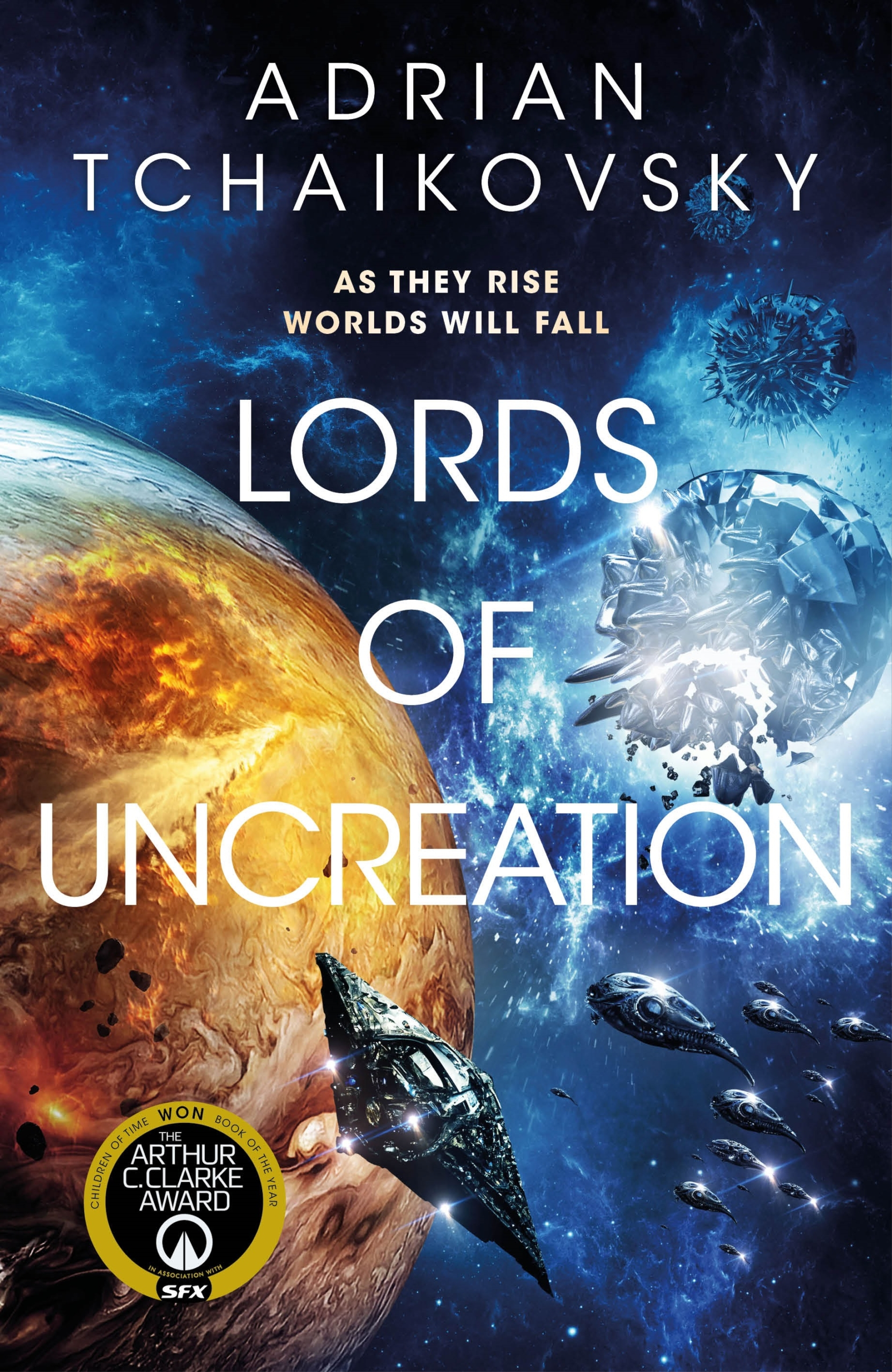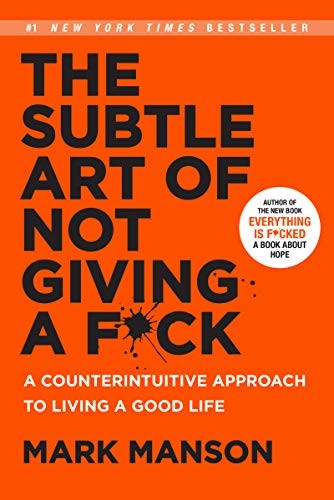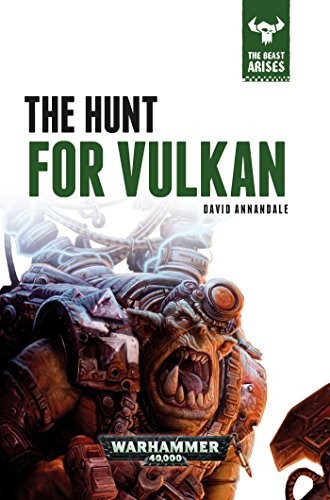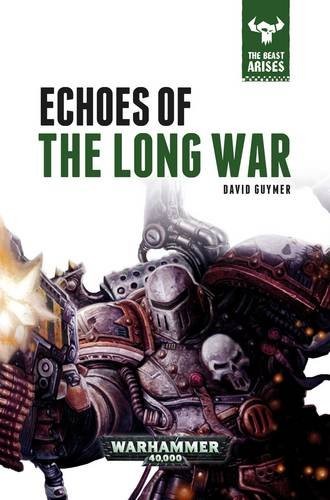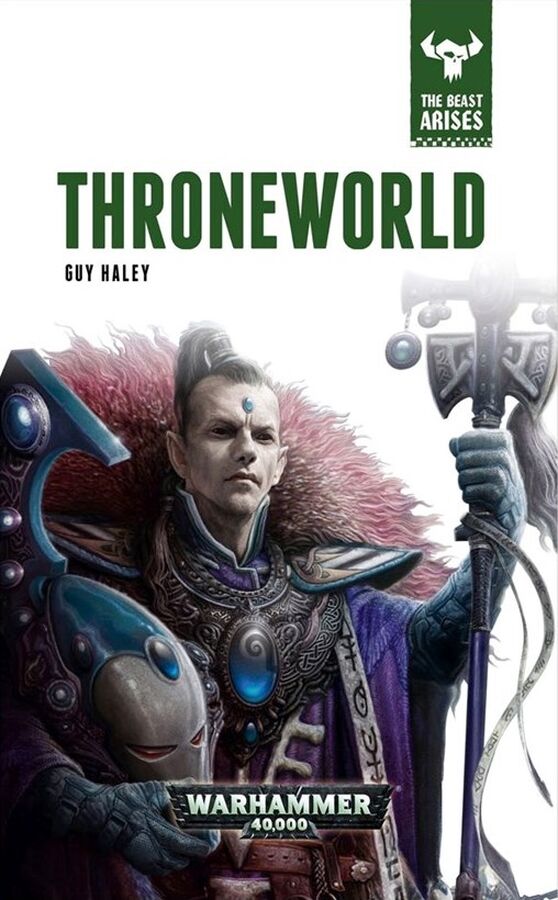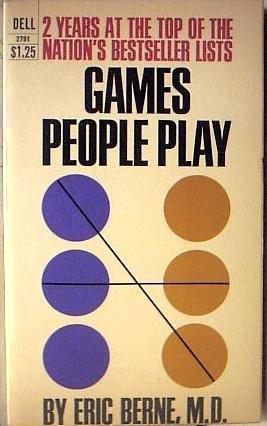Exploring Human Connections and Creativity: A Thought-Provoking Journey
5 stars
The book delves into the intricate dynamics of a crew of programmers who are immersed in the world of creating video games. It particularly focuses on the captivating relationship between Sam and Sadie, whose unique creative partnership stands out amidst a landscape dominated by romantic entanglements. There is an interesting exploration of the emotional world of the protagonists, which adds depth and intrigue to the narrative.
One notable aspect of the book is its inclusion of thought-provoking quotes. For instance, the line, 'Long relationships may be richer, but relatively brief and relatively short encounters can also be lovely. Not every person you know or love has to consume you to be worthwhile,' resonates with its insight into the nature of human connections. Another gem, 'Programmer: diviner of possible outcomes; seer of unseen worlds,' beautifully captures the essence of the protagonists' work and their ability to envision new possibilities.
The author …
The book delves into the intricate dynamics of a crew of programmers who are immersed in the world of creating video games. It particularly focuses on the captivating relationship between Sam and Sadie, whose unique creative partnership stands out amidst a landscape dominated by romantic entanglements. There is an interesting exploration of the emotional world of the protagonists, which adds depth and intrigue to the narrative.
One notable aspect of the book is its inclusion of thought-provoking quotes. For instance, the line, 'Long relationships may be richer, but relatively brief and relatively short encounters can also be lovely. Not every person you know or love has to consume you to be worthwhile,' resonates with its insight into the nature of human connections. Another gem, 'Programmer: diviner of possible outcomes; seer of unseen worlds,' beautifully captures the essence of the protagonists' work and their ability to envision new possibilities.
The author does a commendable job in presenting a wide range of themes, spanning from the exploration of PTSD and amputation to the complexities of love and the intricacies of the business world. The book approaches these subjects with kindness and understanding, creating a sense of empathy within the reader. However, one area where the story could benefit from improvement is the handling of subculture references. At times, these references can feel heavy-handed and forced, distracting from the overall narrative flow.
While the book succeeds in presenting a mosaic of small encounters and diverse interactions, it may lack a clear overarching theme or structure. The narrative seems to meander without a definitive focus, which might leave some readers longing for a more cohesive storyline. Yet, this meandering quality also lends the book an intriguing sense of timelessness, akin to the famous line from Macbeth, 'Tomorrow and tomorrow and tomorrow...' The relaxed and mellow ending brings the story full circle, offering a positive outlook reminiscent of Shakespeare's tragedy but with a different perspective.
Overall, the book about the programmers' relationship and creative journey is a thought-provoking and compassionate exploration of human connections. While the heavy-handed references to subculture can occasionally disrupt the flow, the book's poignant quotes and empathetic portrayal of a diverse range of topics make it a worthwhile read. The relaxed and reflective ending adds a touch of closure, leaving readers with a sense of satisfaction.

